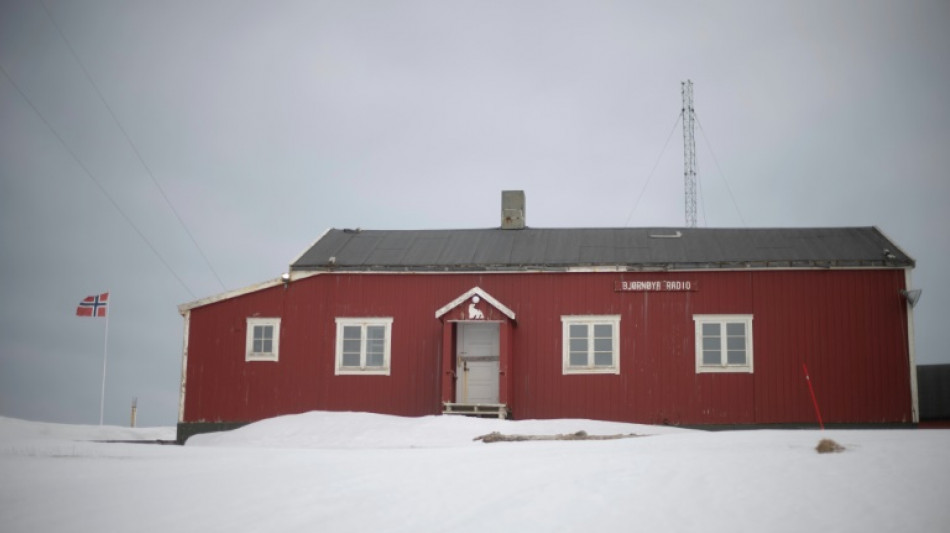
-
 Shhhh! California bans noisy TV commercials
Shhhh! California bans noisy TV commercials
-
Trump 'happy' to work with Democrats on health care, if shutdown ends

-
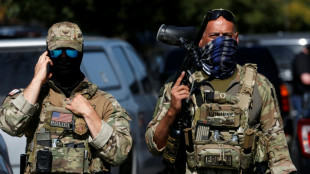 Trump says may invoke Insurrection Act to deploy more troops in US
Trump says may invoke Insurrection Act to deploy more troops in US
-
UNESCO board backs Egyptian for chief after US row

-
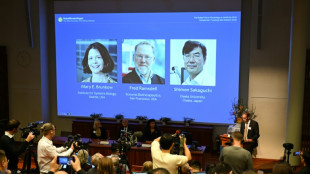 Unreachable Nobel winner hiking 'off the grid'
Unreachable Nobel winner hiking 'off the grid'
-
Retirement or marketing gimmick? Cryptic LeBron video sets Internet buzzing

-
 CAF 'absolutely confident' AFCON will go ahead in protest-hit Morocco
CAF 'absolutely confident' AFCON will go ahead in protest-hit Morocco
-
Paris stocks slide amid French political upheaval, Tokyo soars

-
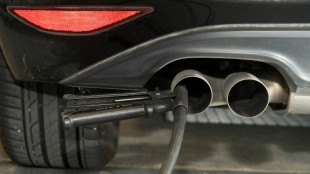 EU should scrap ban on new combustion-engine sales: Merz
EU should scrap ban on new combustion-engine sales: Merz
-
US government shutdown enters second week, no end in sight

-
 World MotoGP champion Marquez to miss two races with fracture
World MotoGP champion Marquez to miss two races with fracture
-
Matthieu Blazy reaches for the stars in Chanel debut
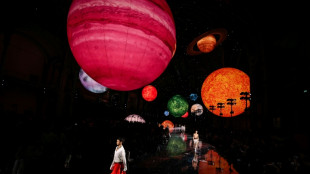
-
 Macron gives outgoing French PM final chance to salvage government
Macron gives outgoing French PM final chance to salvage government
-
Illinois sues to block National Guard deployment in Chicago
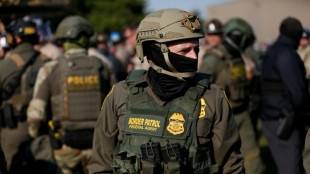
-
 Exiled Willis succeeds Dupont as Top 14 player of the season
Exiled Willis succeeds Dupont as Top 14 player of the season
-
Hamas and Israel open talks in Egypt under Trump's Gaza peace plan
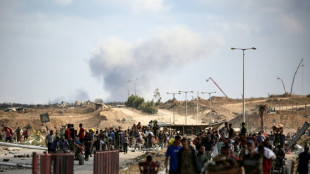
-
 Mbappe undergoing treatment for 'small niggle' at France camp: Deschamps
Mbappe undergoing treatment for 'small niggle' at France camp: Deschamps
-
Common inhalers carry heavy climate cost, study finds
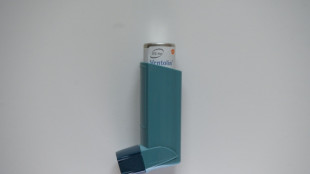
-
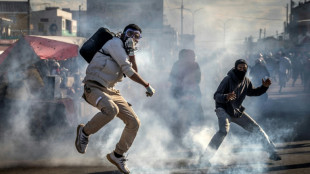 Madagascar president taps general for PM in bid to defuse protests
Madagascar president taps general for PM in bid to defuse protests
-
UEFA 'reluctantly' approves European league games in US, Australia
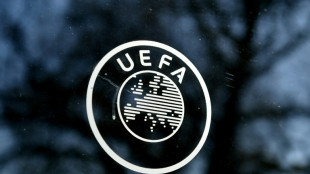
-
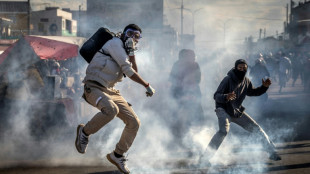 Hundreds protest in Madagascar as president to announce new premier
Hundreds protest in Madagascar as president to announce new premier
-
Greta Thunberg lands in Greece among Gaza flotilla activists deported from Israel

-
 UNESCO board backs Egyptian ex-minister for top job: official
UNESCO board backs Egyptian ex-minister for top job: official
-
Facing confidence vote, EU chief calls for unity

-
 Cash-strapped UNHCR shed 5,000 jobs this year
Cash-strapped UNHCR shed 5,000 jobs this year
-
Mbappe to have 'small niggle' examined at France camp: Deschamps

-
 Brazil's Lula asks Trump to remove tariffs in 'friendly' phone call
Brazil's Lula asks Trump to remove tariffs in 'friendly' phone call
-
'Terrible' Zverev dumped out of Shanghai by France's Rinderknech

-
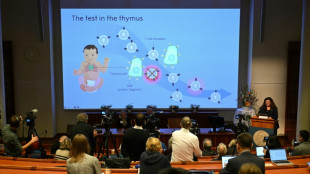 What are regulatory T-cells? Nobel-winning science explained
What are regulatory T-cells? Nobel-winning science explained
-
OpenAI signs multi-billion dollar chip deal with AMD

-
 Salah under fire as Liverpool star loses his spark
Salah under fire as Liverpool star loses his spark
-
Paris stocks drop as French PM resigns, Tokyo soars

-
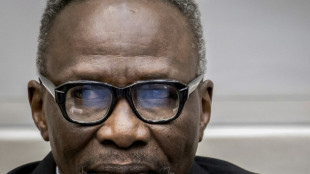 ICC finds Sudan militia chief guilty of crimes against humanity
ICC finds Sudan militia chief guilty of crimes against humanity
-
Zverev dumped out of Shanghai Masters by France's Rinderknech

-
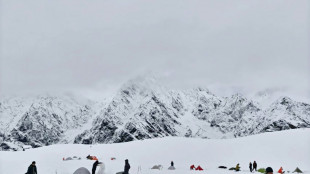 One hiker dead, hundreds rescued after heavy snowfall in China
One hiker dead, hundreds rescued after heavy snowfall in China
-
Hundreds stage fresh anti-government protests in Madagascar
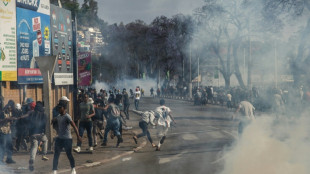
-
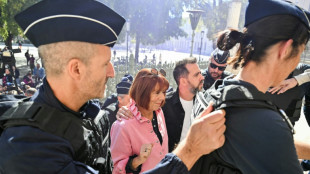 Feminist icon Gisele Pelicot back in court as man appeals rape conviction
Feminist icon Gisele Pelicot back in court as man appeals rape conviction
-
US government shutdown enters second week

-
 Kasatkina ends WTA season early after hitting 'breaking point'
Kasatkina ends WTA season early after hitting 'breaking point'
-
Paris stocks drop as French PM resigns

-
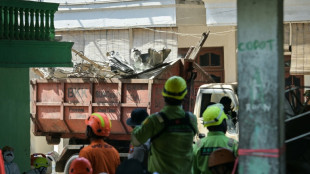 Death toll from Indonesia school collapse rises to 63
Death toll from Indonesia school collapse rises to 63
-
Medicine Nobel to trio who identified immune system's 'security guards'

-
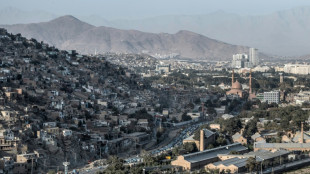 UN rights council launches probe into violations in Afghanistan
UN rights council launches probe into violations in Afghanistan
-
UK author Jilly Cooper dies aged 88
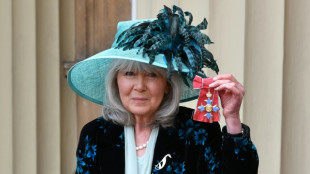
-
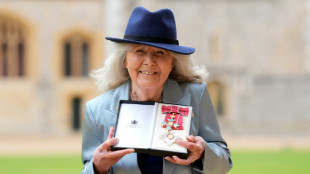 Jilly Cooper: Britain's queen of the 'bonkbuster' novel
Jilly Cooper: Britain's queen of the 'bonkbuster' novel
-
Streaming stars' Le Mans race scores Twitch viewer record

-
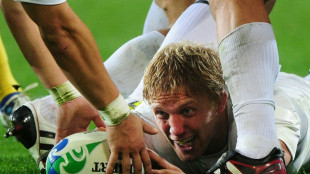 England rugby star Moody 'shocked' by motor neurone disease diagnosis
England rugby star Moody 'shocked' by motor neurone disease diagnosis
-
Leopard captured after wandering into Indonesian hotel
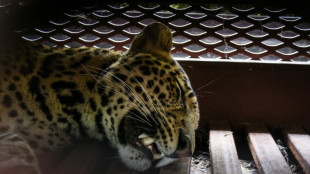
-
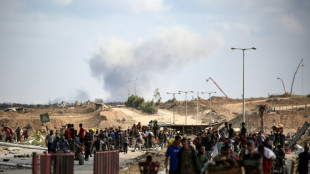 Israel, Hamas due in Egypt for ceasefire talks
Israel, Hamas due in Egypt for ceasefire talks
-
Rescuers scramble to deliver aid after deadly Nepal, India floods
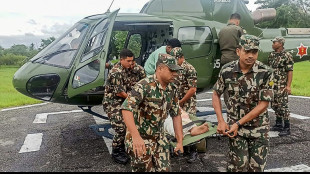

In Norway's Arctic, meteorologists have a first-row seat to climate change
In the cold of the Norwegian Arctic, meteorologist Trond Robertsen manually recorded precipitation levels for over two decades, witnessing firsthand the effects of climate change.
At 66, Robertsen retired after enduring spartan conditions during missions that totalled eight years on two islands of the Svalbard archipelago: Bjornoya (Bear Island) and Hogen.
To reach the remote Bjornoya, where the only humans are the nine employees of the small weather station, the meteorologists have to fly in by helicopter as they are rotated on a six-month basis.
"The idea is to not stay too long, because it's a different rhythm, and you are isolated," Robertsen told AFP.
It is demanding work.
"It's a 24/7 occupation," he said. "We are doing it all day, all night." The team worked shifts to cover all hours of the day, he explained.
Weather observation starts in the early morning at 6:00 am.
"It's manually done, then you have to go outside and check the bucket that is collecting precipitation," said Robertsen.
"During wintertime you have to melt the snow and ice into water" to determine how much has fallen.
The data is then transmitted the Norwegian Meteorological Institute in Tromso and Oslo.
"This tiny little observation is actually quite crucial for the weather forecasting systems up north, because observations are so sparse from that area."
Bjornoya sits in the middle of fishing grounds, and the weather reports published twice a day are closely followed by the fishing boats in the area.
- Less ice, fewer bears -
Since his first missions to the Arctic in the 1990s, Robertsen has witnessed the changing climate.
"When I started going up north, there was a lot of ice. In the later years, it's less ice and fewer polar bears. You can see the climate change," he said.
Polar bears have been classified as a vulnerable population since 1982 on the IUCN (International Union for Conservation of Nature) Red List of Threatened Species, with the loss of Arctic sea ice the most pressing threat against the species.
However, their precise numbers, are almost impossible to assess.
In winter, employees of station always venture out in pairs and have to be armed due to the presence of polar bears, but according to Robertsen it's rarer to encounter them today.
In April, during his last mission to the island, Robertsen had an accident while doing carpentry: he slipped and ended up cutting one finger clean off and half of another.
Due to tough weather conditions, he had to wait some 26 hours before being evacuated by helicopter and transported to a hospital.
"It was a heavy snowstorm coming in, only the day after the helicopter came," he recounted.
Looking back, Robertsen does not regret the years spent under the austere living conditions.
"The Arctic has given me so many experiences and memories so it is a small fee to pay back with my left little finger and part of my ring finger," he said.
H.Weber--VB
